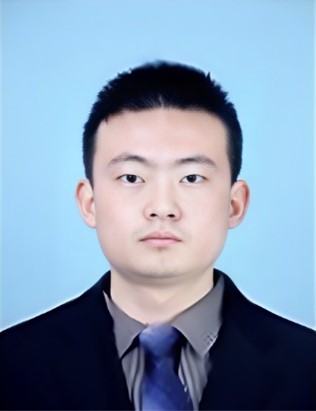Topic: New Strategies for Enhancing Simultaneous Nitrogen Removal and Dark Fermentation Hydrogen Production by Klebsiella: Applications of Exogenous Redox Mediators and Deep Eutectic Solvents
Time: Monday, December 23, 2024, 9:00 AM–11:00 AM
Venue: Room 814, Guanyun Building

Speaker Profile:
Dr. Wang Quan, born in July 1990, is currently an Associate Professor at the School of Resources and Environmental Sciences, Nanjing Forestry University. His research focuses on biomass resource utilization and renewable energy technologies and processes. He has published extensively as both the first author and corresponding author in prestigious journals, including Bioresource Technology, Journal of Environmental Management, Biotechnology for Biofuels, and Algal Research. Dr. Wang has led multiple research projects, including the Youth Program of the National Natural Science Foundation of China, the Youth Program of the Natural Science Foundation of Jiangsu Province, and the General Program of the Natural Science Foundation for Higher Education Institutions in Jiangsu Province. He has been recognized with the honorary title of "Jiangsu Province Dual-Innovation Ph.D."
Abstract:
This research explores new strategies to improve the efficiency of biomass resource utilization and sustainable energy production. The first part of the research investigates the application of exogenous redox mediators to enhance intracellular and extracellular electron transfer during the denitrification process of Klebsiella. The study demonstrates that sodium anthraquinone-2-sulfonate can partially restore internal electron transfer in the presence of respiratory chain inhibitors, thereby improving nitrogen removal efficiency. The second part of the research explores the role of natural Fe₃O₄ in promoting hydrogen production during the dark fermentation of glucose and xylose. The results reveal that Fe₃O₄ significantly increases hydrogen yield by enhancing the intracellular NAD(H) concentration and the NADH/NAD⁺ ratio in Klebsiella cells. The third part evaluates the feasibility of using deep eutectic solvents (DES) to pretreat corn stover, improving enzymatic hydrolysis efficiency for carbon source (glucose) production. The experiments show that DES pretreatment increases the accessibility of cellulase, thus enhancing hydrogen production by Klebsiella during dark fermentation. These findings provide valuable strategies and insights for the integrated treatment of nitrogen-rich wastewater, improving biohydrogen production efficiency, and the resource utilization of agricultural residues.
School of Earth and Environmental Sciences, Lanzhou University
December 27, 2024